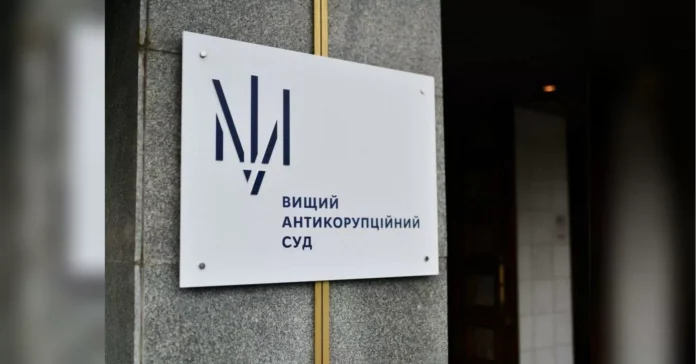VAC Degradation and Its Dependence on NABU and SAP: Legal Community Outraged by Scandals Surrounding Anti-Corruption Court
The Ukrainian legal system has been facing a major crisis in recent years, with numerous corruption scandals plaguing the country. One of the key institutions responsible for fighting corruption, the High Anti-Corruption Court (HACC), has been at the center of controversy due to its alleged dependence on two other bodies – the National Anti-Corruption Bureau (NABU) and the Specialized Anti-Corruption Prosecutor’s Office (SAP). This has caused outrage among the legal community, as many fear that the integrity and effectiveness of the HACC may be compromised.
The HACC was established in 2018 as part of Ukraine’s efforts to combat corruption and fulfill its obligations to the international community. However, since its inception, the court has been marred by a series of scandals and accusations of political interference. The latest scandal involves the alleged influence of NABU and SAP on the court’s decision-making process.
According to the law, NABU is responsible for investigating corruption cases, while SAP is tasked with prosecuting these cases in court. However, many legal experts and activists claim that these bodies have too much control over the HACC, which undermines the court’s independence and impartiality. They argue that NABU and SAP have been using their influence to pressure judges and manipulate the outcome of cases.
The situation came to a head when a judge from the HACC, Serhiy Vovk, accused NABU and SAP of trying to influence his decision in a high-profile case involving a former government official. Vovk claimed that representatives from NABU and SAP had met with him and attempted to persuade him to rule in a certain way. This sparked widespread outrage and calls for an investigation into the alleged interference.
The legal community has been vocal in its condemnation of these actions, with many lawyers and judges expressing their concerns about the state of the HACC. They argue that the court’s credibility and effectiveness are at stake, as the public may lose trust in the institution if it is perceived as being controlled by other bodies.
Moreover, the controversy surrounding the HACC has also raised questions about the effectiveness of Ukraine’s anti-corruption efforts. The country has been praised by the international community for its efforts to combat corruption, but these recent events have cast doubt on the progress made so far. The European Union, in particular, has expressed its concerns and urged Ukraine to take immediate action to address the situation.
In response to the growing pressure, the Ukrainian government has announced a series of measures to address the issue. President Volodymyr Zelensky has called for an investigation into the allegations of interference and has promised to take necessary steps to ensure the independence of the HACC. The government has also proposed amendments to the law to strengthen the court’s independence and prevent any external influence.
Despite these efforts, the legal community remains skeptical and demands concrete actions to address the issue. Many believe that the government’s response is not enough and that more needs to be done to restore the trust and integrity of the HACC.
In conclusion, the recent scandals surrounding the HACC have caused a major uproar in the Ukrainian legal community. The alleged interference by NABU and SAP has raised serious concerns about the independence and effectiveness of the court. The government’s response to the situation has been met with skepticism, and further actions are needed to address the issue and restore the public’s trust in the HACC. It is crucial for Ukraine to uphold the principles of justice and rule of law in order to combat corruption and ensure a fair and transparent legal system for its citizens.

